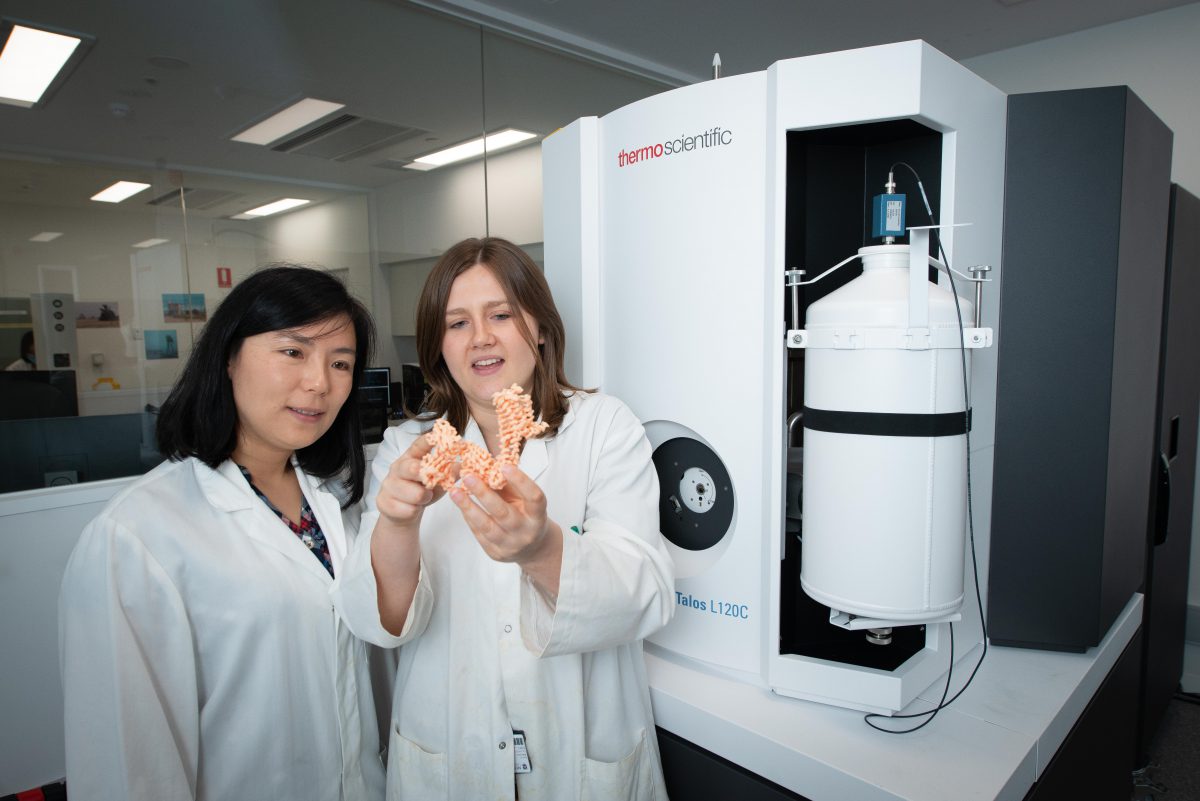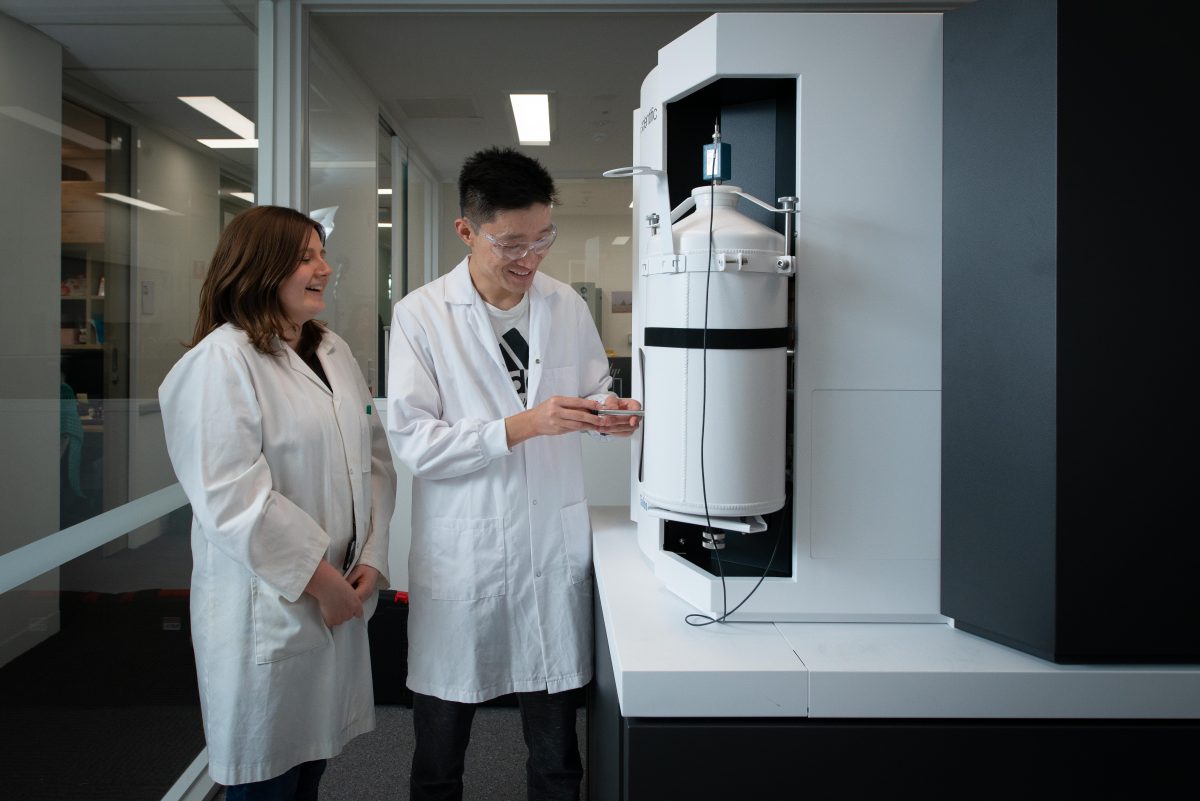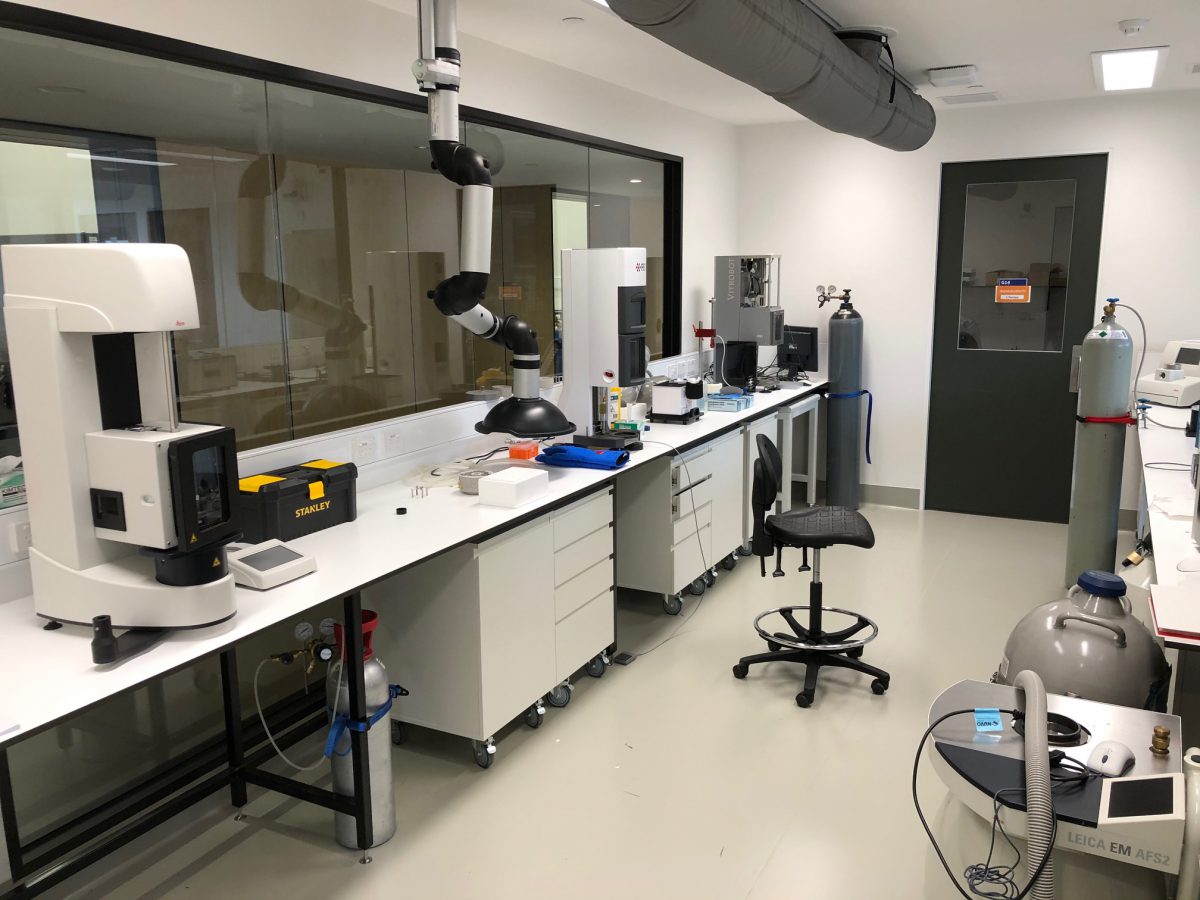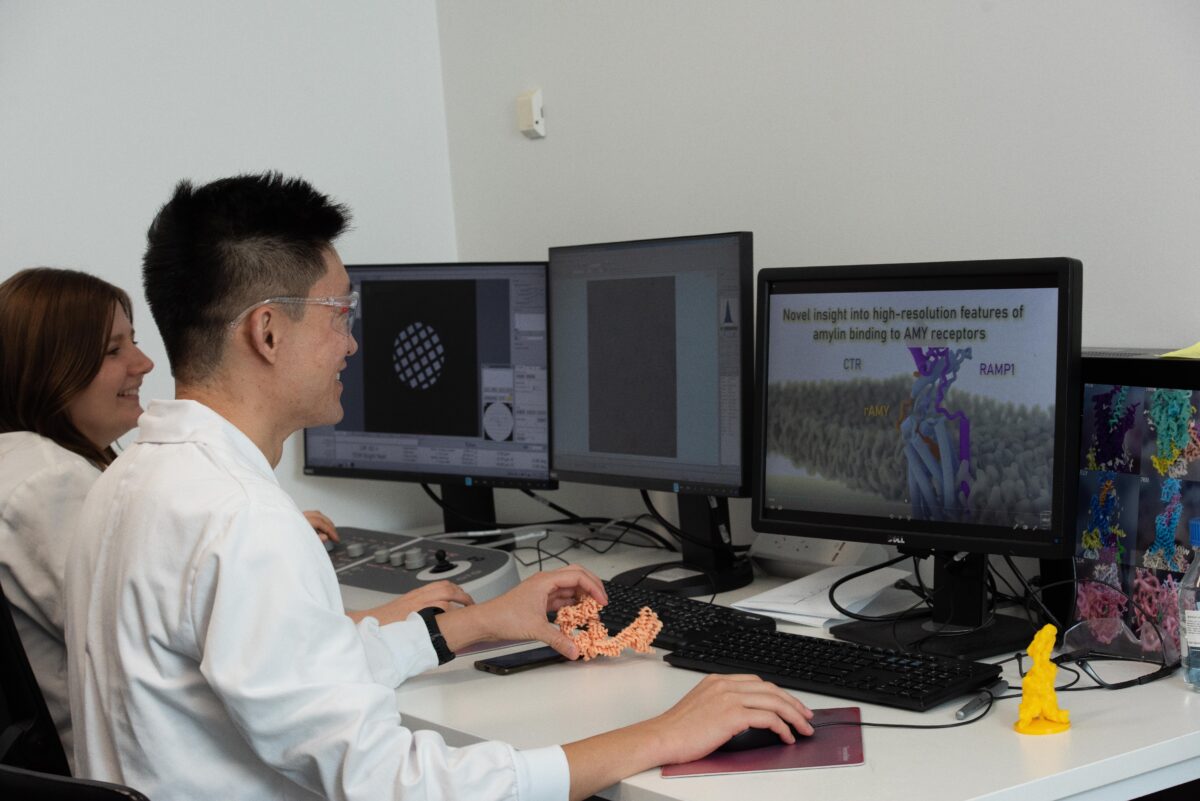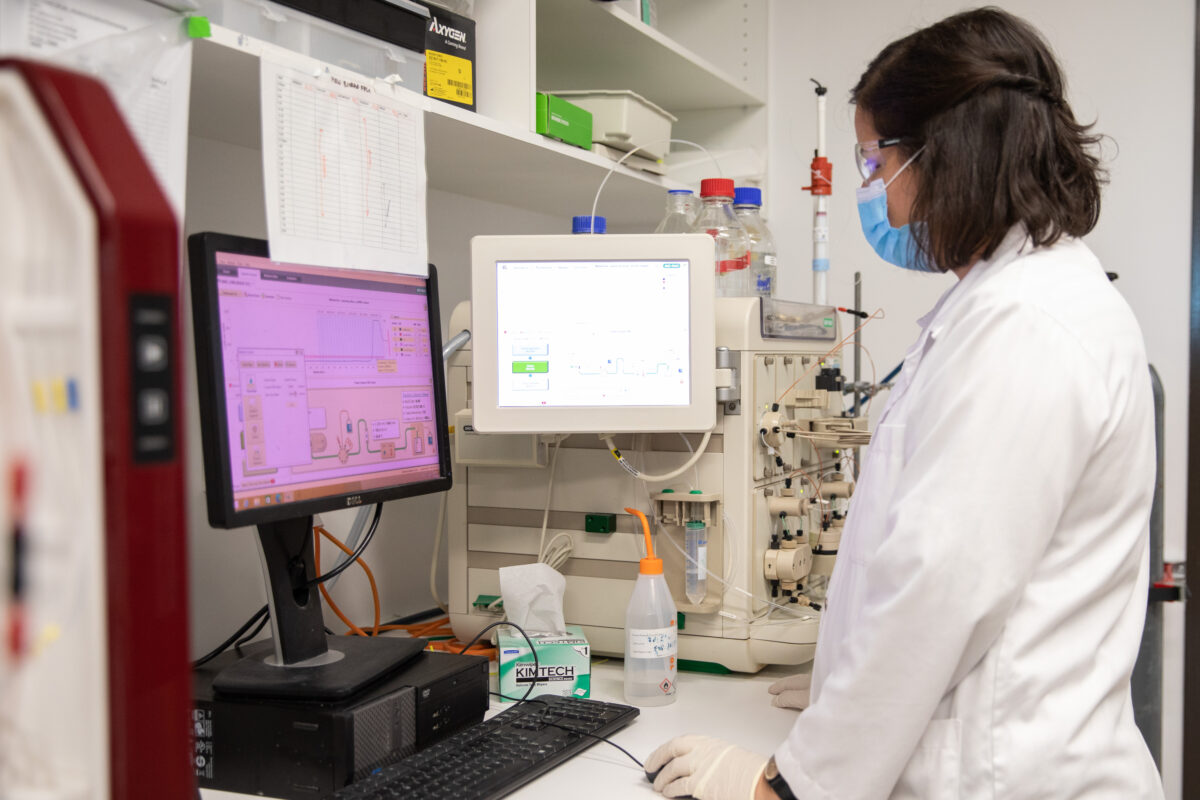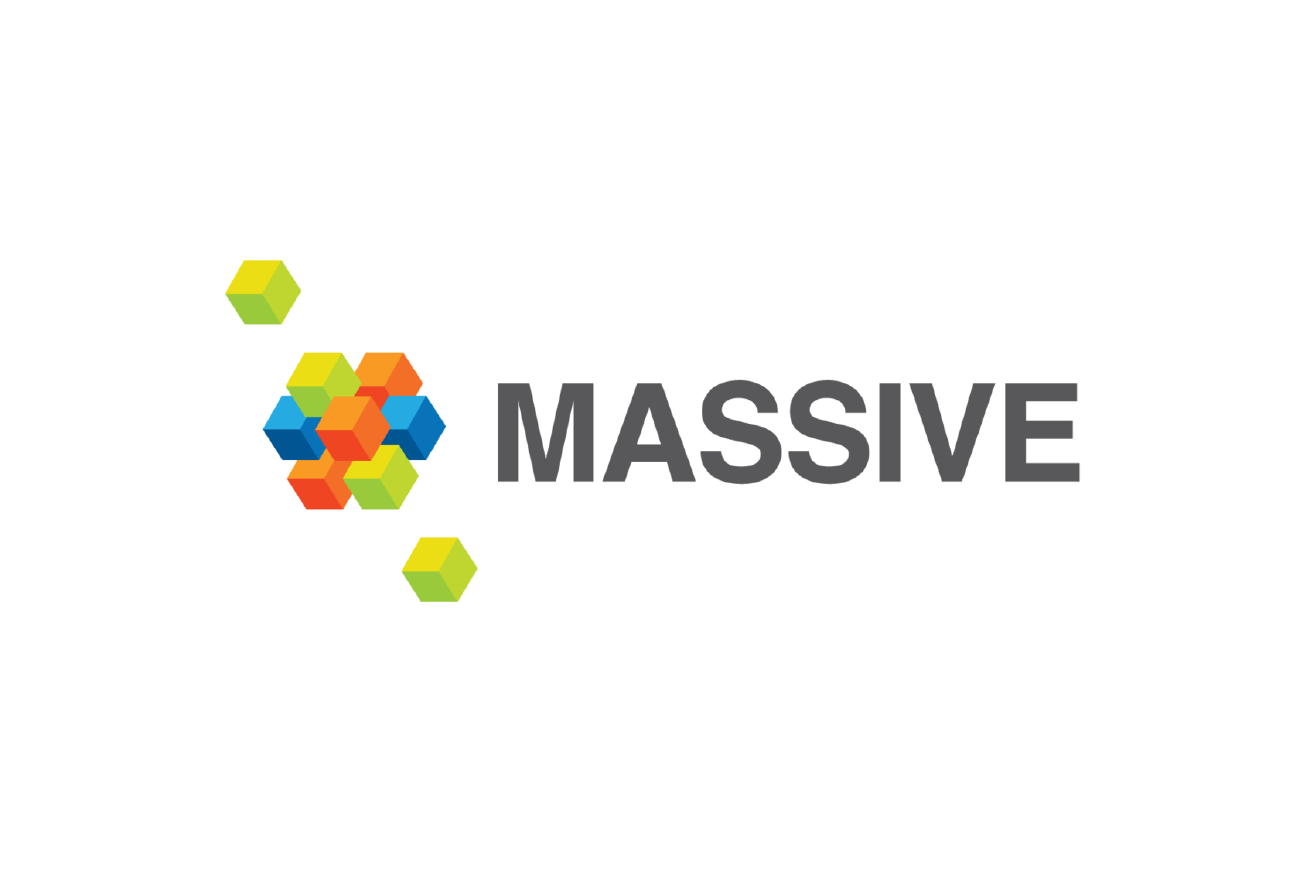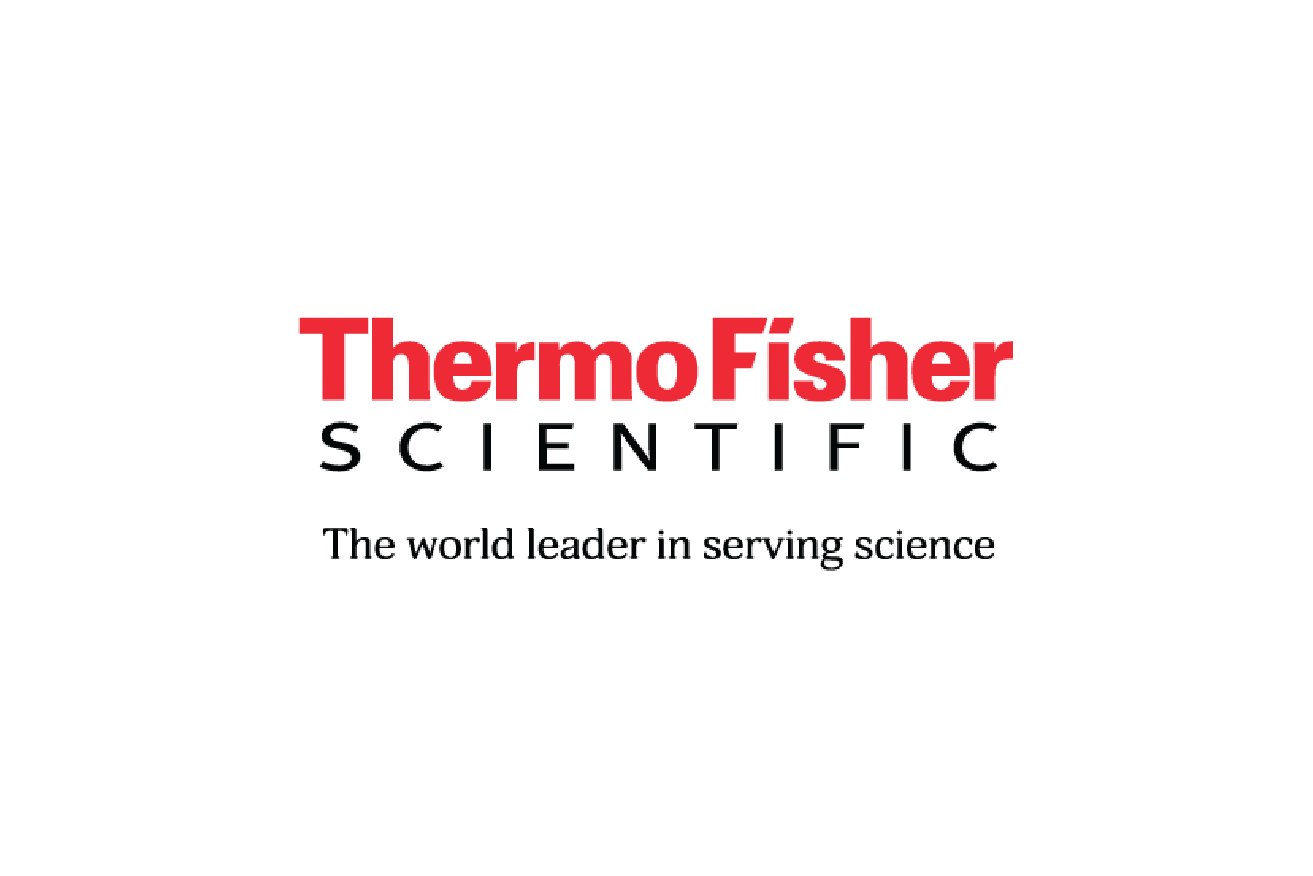Accelerate your career with an industry-focused PhD
Our Doctoral Training Program
The Centre provides advanced training in all aspects of membrane protein cryo-EM, including sample biochemistry, 3D image reconstruction, extraction of protein dynamics, and independent operation of 120kV, 200kV and 300kV instruments that are used for high-resolution structure determination. Our Doctoral Training Program equips successful graduates with critical skills required for the transformative use of cryo-EM for membrane protein drug discovery and development.
Want to be considered for the next co-hort?
Have a question? Contact Us
Application dates closed 31st May 2022 AEST
Any applications submitted after this date will be considered next round.
Overview
We are looking for highly motivated, passionate and competitive candidates for 4-year fully funded PhD positions in the CCeMMP. Successful candidates will join the Centre and will be working in multidisciplinary research teams within the Centre and work closely with our partners to enhance the utility and application of cryo-EM to challenging membrane proteins that comprise the largest target class for therapeutic drug development.
Requirements
- Relevant background in biophysics, biochemistry, chemistry or equivalent
- A First-Class Honours degree, Masters degree or equivalent
- Analytical thinking, data analysis and critical problem-solving
- Excellent time management skills and ability to work independently
- An interest in and/or experience working with industry partners
- Fluency in written and oral English
- Available to complete a 12-month industry placement during their candidature, in accordance with the requirements of the ARC ITTC program
Why choose CCeMMP?

Specialised Training

Access to world-class instruments

Industry Placements
Research Focus
Innovative research for the successful implementation of cryo-EM in membrane protein structure-based drug design.
Graduate with industry-ready experience

Sample preparation & vitrification
This unit focuses on the biochemistry of membrane proteins; expression, solubilization and purification of stable protein complexes and their reconstitution in detergent micelles or nanodiscs. ICHDR students will also learn to vitrify samples on cryo-EM grids for subsequent imaging.

Cryo-EM imaging
This unit focuses on cryo-EM imaging of exemplar membrane proteins using 120kV, 200kV and 300kV instruments. ICHDR students are trained to evaluate particle behaviour in vitreous ice, identify optimal areas of ice for data collection, and in the collection of tilt data for 3D reconstruction of particles.

Image analysis & 3D reconstruction
This unit focuses on the principles and practice of cryo-EM data processing, modelling and analysis. ICHDR students are introduced to different software packages for motion and contrast transfer function correction, 2D and 3D classification and progress from idealised data sets of proteins with high symmetry to data sets of high complexity.
Industry placement with our partners
Our graduates will gain invaluable experience, research skills and have the opportunity to network by working with one of our industry partners for a year during their studies.
Meet our students
These rotations precisely target the skills required for structural studies by cryo-EM, which efficiently improves both knowledge and technical capability.
Alok Pradhan
Cryo-EM of GPCR heteromers

